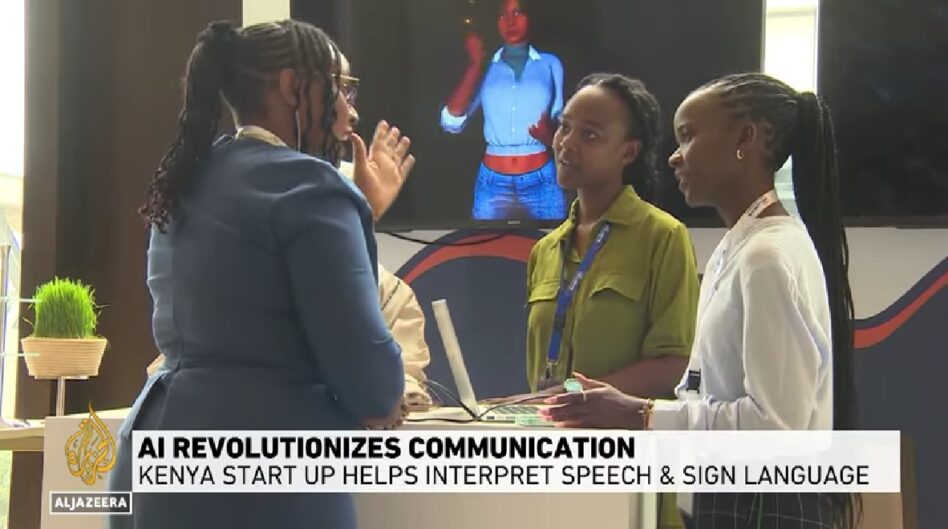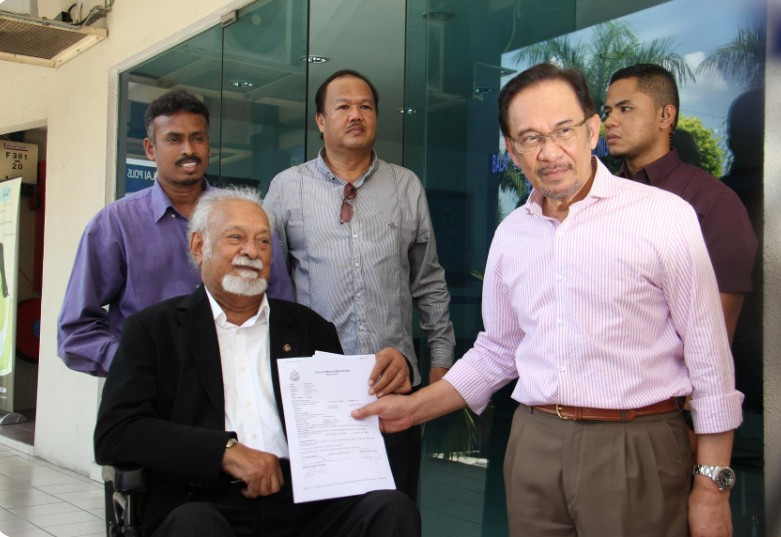HOTELIERS may breathe a sigh of relief as the country enters the recovery movement control order (RMCO), but they are by no means out of the woods, say industry players, as some expect reasonable recovery only mid-next year due to the Covid-19 crisis.
Malaysian Association of Hotels CEO Yap Lip Seng told FocusM that the estimation of average occupancy is that it will only reach about 32% in December 2020, with the year averaging an occupancy of 25.4%.
“Given the outlook and the situation that remains unstable worldwide, we are estimating reasonable recovery only in mid-2021,” said Yap.
Azrin Kamaluddin, executive director of listed hotel group Impiana Hotels Bhd, agrees about the low occupancy rate, adding that while the next two quarters will be an improvement to the MCO period, he expects occupancies to hover around the 20% to 30% mark.
“The sector has definitely been hit hard to put it mildly. There is a saying in the industry, ‘if you can’t get there, you can’t stay there.’ So with borders closed, coupled with the restrictions on taking in any new guests at all, hoteliers have had to suffer zero or negligible revenue for a few months,” Azrin said.
While Yap is grateful that the government has been pushing for domestic tourism ever since the country went into the RMCO phase, he notes that the industry still looks forward to a greater rebound as the country copes with the Covid-19 pandemic.
This is because only 55% of the average Malaysian hotel’s occupancy is domestic, while the remaining 45% is from international travellers, he said.
“Generally, Malaysians are still cautious about making travel plans, which means the domestic market is still insufficient for the industry.
“We are seeing positive signs from the government on travel bubble proposals, and we hope to see borders opening in stages, especially for Asean, followed by China and India,” Yap said.
International tourism is still a linchpin of the sector, said Azrin. “Domestic business travel and tourism cannot fully remedy the absence of international travellers, except for those hotels that had a largely local clientele pre-Covid. The sector will recover, but it needs international travel to be part of it.”
Impiana’s plans moving forward, said Azrin, is to revolve around operating in the “new normal”, with safety and hygiene assurance as a new priority, in addition to ramping up sales and marketing, as well as digital initiatives, to attract guests.
“Our experience with Impiana KLCC operating as a quarantine centre gives us an edge in this respect, because we have been operating under strict safety and hygiene procedures for more than 2 months already,” he said.
“As a hotel chain, we are able to translate this experience into commercial operations SOP and transplant them across all our hotels swiftly. We are therefore ready for this new normal,” he added, stating that this post-Covid readiness gameplan is crucial for any hotel.
Yap said the industry, in general, was waiting for the release of the full details of the RM1 bil tourism funding under the Penjana economic stimulus package, and how it could assist hotels in restarting and staying competitive post-MCO.
He also noted that, while the extension of the wage subsidy is welcomed, “it is generally insufficient.”
Yap also shared that the industry is offering special deals and packages specifically for the domestic market with generally lower rates and added value to the room stays, in the hopes of driving demand.
“Some hotels are being creative with flexible check-in and 24 hours turnaround, giving more freedom to travellers to enjoy their stays. In-room entertainment and all-in experience packages are also in demand, for guests to maximise their trips without the need for unnecessary exposure,” he added.
However, on the topic of high-level initiatives, Yap believes that the industry is in need of a complete review of tourism economics, including supply and demand, especially for hotels.
“We need to strategise based on the current and future market conditions,” he said.
Still, Azrin has shared that he is optimistic that things will recover eventually, noting that “people have reached the realisation that life will return to normal, albeit a new, safe normal,” sooner than expected.
“Life getting back to normal will include travel for business and leisure simply because of the lack of adequate substitution. While virtual business meetings have been the norm in a lockdown scenario, nothing beats a face-to-face meeting, and if one wants to have a beach holiday, nothing less than an actual beach will do,” he said.
Rakuten Trade vice-president Vincent Lau said that occupancy of 30 to 40% was still better than zero occupancy, despite the industry being still “far from out of the woods.”
“The next two quarters won’t look good, but it will not be as bad,” Lau told FocusM, adding that he expects the industry to really turn around once a vaccine for Covid-19 is found. “Still, local travel should help the industry to recover.”
As for investors looking for some exposure to the hospitality sector, Lau suggested a mix of stocks that consist of purely hospitality players as well as those that are slightly diversified in their offerings such as Genting Malaysia Bhd and Genting Bhd. – June 24, 2020










